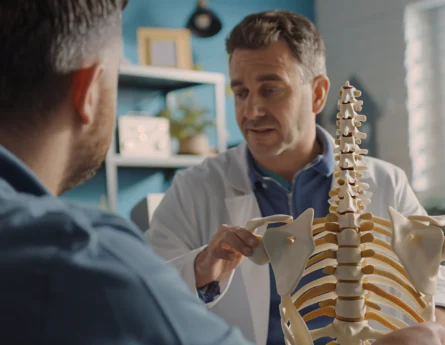Medical liens play a crucial role in car accident cases, often determining how medical bills are paid when the injured party seeks compensation. Understanding what medical liens are, how they work, and their implications is essential for anyone involved in treating a car accident victim.

What Is a Medical Lien?
A medical lien is a legal claim filed by a healthcare provider or insurance company to ensure they receive payment for medical services rendered to an injured party involved in a car accident. This lien allows the provider to be compensated from a settlement or judgment awarded to the injured party after a personal injury claim.
Medical liens are a common practice because they provide a way for healthcare providers to offer necessary treatment without requiring immediate payment. This arrangement is particularly beneficial for injured individuals who may not have the financial means to pay for extensive medical care upfront.
How Medical Liens Work
When a person injured in a car accident receives medical treatment, the healthcare provider can place a lien on a future settlement or judgment. This process involves the following steps:
- Agreement to Treat: The healthcare provider agrees to treat the injured person and places a lien on the future settlement.
- Lien Filing: The provider files a medical lien with the appropriate authorities, often notifying the injured party’s attorney.
- Notification: The injured party and his or her legal representation are formally notified of the lien.
- Settlement Payment: When the injured party receives a settlement or judgment, the lien ensures that the healthcare provider is paid directly from these funds before the injured party receives the remaining balance.
Types of Medical Liens
There are several types of medical liens that can be involved in a car accident case:
- Provider Liens: These are liens placed directly by doctors, hospitals, or other medical providers who have treated the injured party.
- Insurance Liens: Insurance companies, including health insurance and auto insurance, may place liens to recover costs they’ve covered for the injured party’s medical treatment.
- Government Liens: Government programs like Medicaid or Medicare can place liens to recoup the costs of medical care provided to the injured party.
Legal Considerations for Medical Liens
Medical liens are subject to various legal considerations that can affect both the injured party and the healthcare providers:
Lien Validity
The validity of a medical lien depends on proper filing and adherence to state-specific regulations.
Negotiation
Liens can often be negotiated, especially if the settlement amount is insufficient to cover all medical expenses and the injured party’s other damages.
Priority of Payment
In many jurisdictions, medical liens are given priority over other claims against the settlement. This means they are paid first before the injured party or their attorneys receive their portion.
Medical liens are an integral part of car accident cases, ensuring healthcare providers receive payment for services rendered to injured parties. While they provide essential access to medical care, they also impact the net settlement received by the injured party. Understanding the process, types, legal considerations, and strategies for handling medical liens can affect the outcome of a car accident claim. Working with a knowledgeable attorney is crucial to navigate these complexities and secure the best possible financial and medical outcomes.




